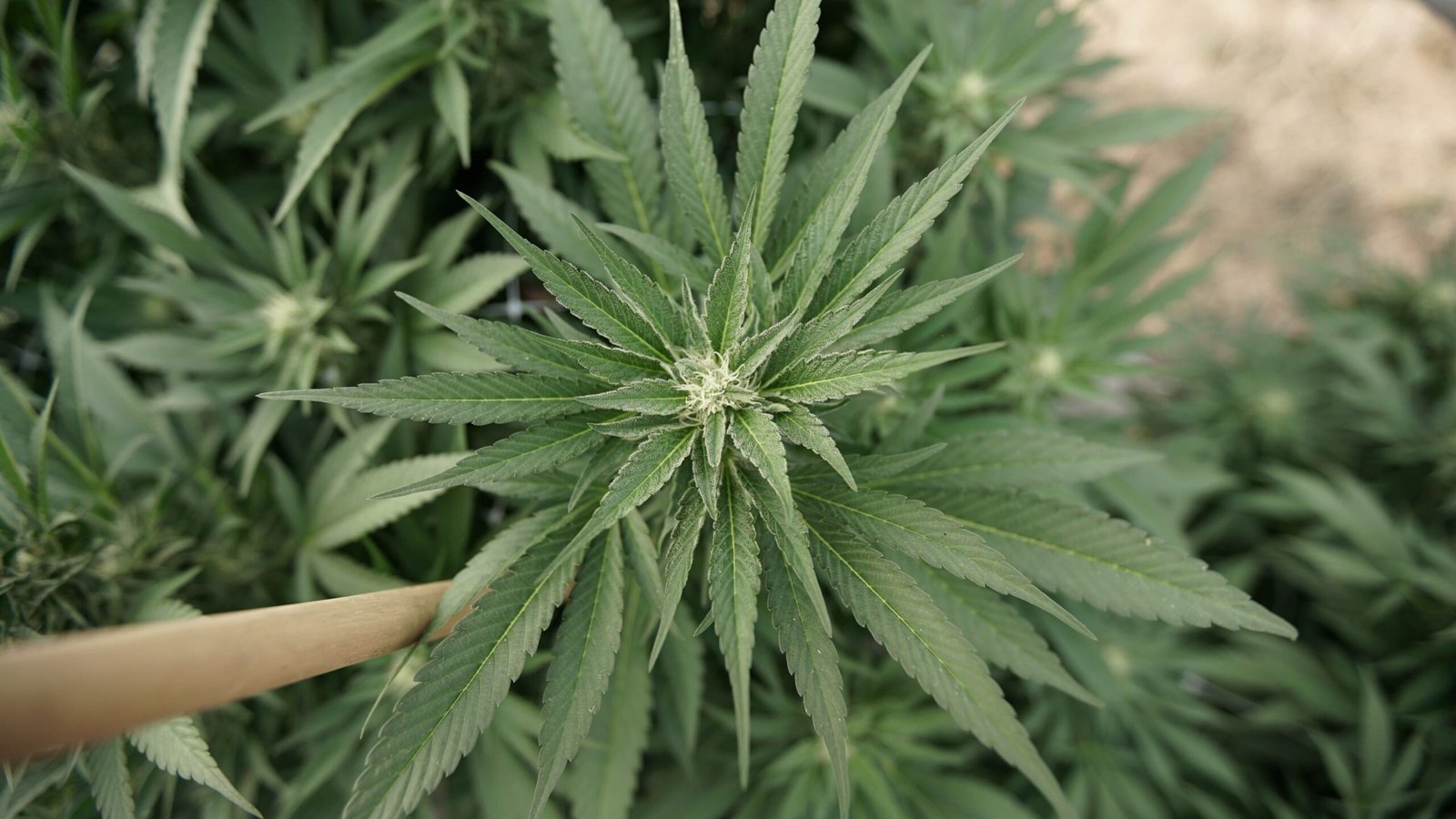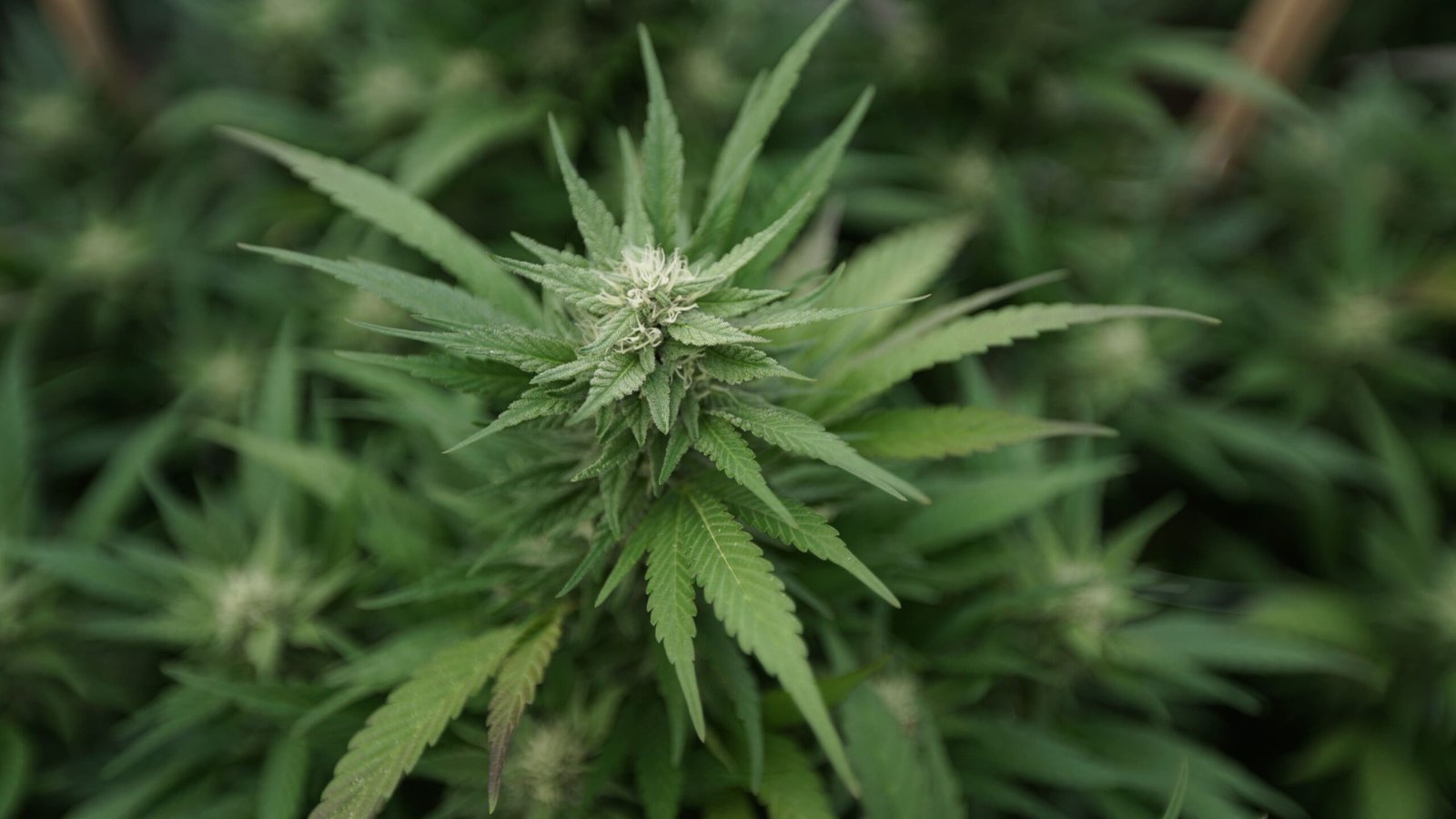An Ohio House committee has proposed significant amendments to the state’s cannabis law, originally approved by voters in 2023. The bill, known as HB 160 and sponsored by Rep. Brian Stewart (R), aims to create new criminal penalties, eliminate social equity programs, and impose limits on legal cannabis products. The House Judiciary Committee discussed the bill for nearly 40 minutes and adopted a six-page amendment during their meeting on Wednesday.
Rep. Stewart indicated that he does not expect the bill to be rushed through the legislative process, stating, “This is something we would like to have passed by June,” rather than within a few weeks. Several committee members expressed concerns and voiced that they had numerous questions about the bill, seeking further clarity on its provisions.
HB 160 is one of several legislative efforts that could drastically alter Ohio’s marijuana legalization framework. Cannabis reform advocates argue that these changes undermine the will of the voters. In addition to HB 160, another bill, SB 56, introduced by Sen. Steve Huffman (R), has been described as even more restrictive and was passed by the Senate in February by a vote of 23–9. There is also a budget proposal from Governor Mike DeWine (R) that could modify local tax allocations for medical marijuana and increase the state cannabis tax rate to 20 percent, although legislative leaders have indicated they will remove the proposed tax increases.
The House bill suggests various modifications to state cannabis laws, introducing new criminal charges and removing voter-approved social equity provisions. Rep. Stewart mentioned that the proposal aims to offer more specific guidelines for marijuana sales while maintaining the essence of the voters’ decision to legalize adult-use cannabis in Ohio. He noted that many elements of the bill are based on previously passed Senate measures, emphasizing the need for legislative cooperation to advance the bill through both chambers.
While the House’s approach is generally more restrictive than the original voter-approved law, it includes some provisions that could be seen as beneficial by cannabis reform advocates. One such provision allows individuals to request the expungement of past marijuana possession convictions for a fee of $50. Additionally, the bill would remove restrictions preventing marijuana retailers from offering product samples to customers.
Further amendments adopted during the hearing also clarify how marijuana tax revenue would be distributed to municipalities. Notably, one significant change removes the requirement that 15 percent of business licenses be allocated to individuals from economically disadvantaged backgrounds. Another amendment outlines how business licenses will be awarded through a lottery system, with better-qualified applicants receiving higher chances of success in the lottery.
Overall, the proposed changes in HB 160 reflect ongoing debates about cannabis regulation in Ohio, balancing the need for clear guidelines with the principles of equitable access and voter intent.




